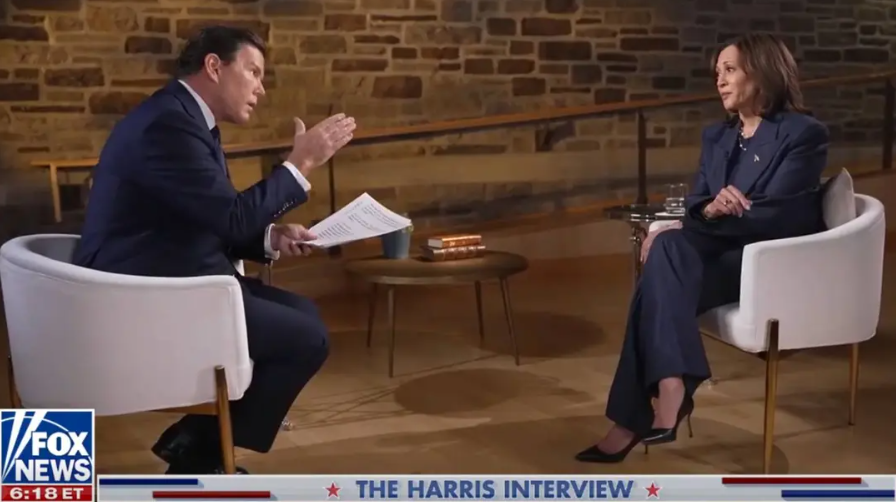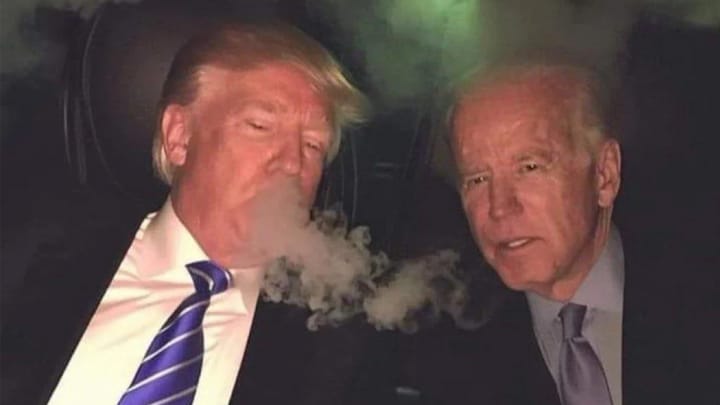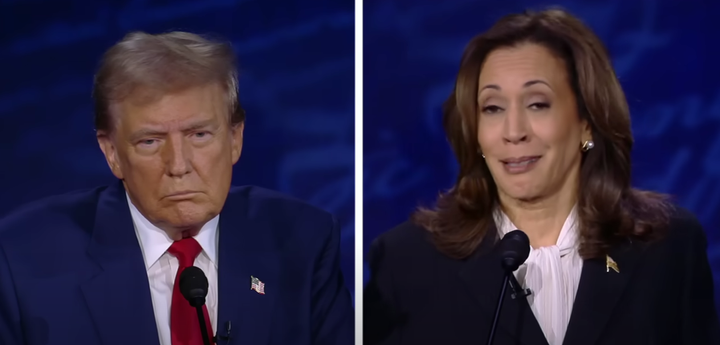The Ideological Divide: Why Kamala Harris's Fox News Interview Wore Meaningless For Both Sides
Kamala Harris's Fox News interview lacked depth, showcasing ideological divides and repetitive messaging, while questions from Bret Baier went unanswered, leading to a missed opportunity for real dialogue.

In a recent interview with Fox News's Bret Baier, Vice President Kamala Harris aimed to engage with a predominantly conservative audience. However, what unfolded was not a meaningful exchange of ideas but rather an ideological standoff. As the interview progressed, it became increasingly clear that the sharp political divide between the news network and the Vice President would overshadow any chance of a productive conversation. Both sides seemed locked into their roles, which reduced the interview to a scripted performance rather than a genuine debate.
A Familiar Message: Harris's Repeated Script
One of the most frustrating elements of the interview was the repetitive nature of Harris’s responses. As the 2024 election looms closer, Harris stuck to the same carefully crafted narrative that has been echoed across her public appearances. In this case, the Vice President once again deflected tough questions while sidestepping direct answers. Her messaging often reverted to blaming Donald Trump for past issues without directly addressing current policy challenges, and continuing to distance herself from Joe Biden saying, "My presidency will not be a continuation of Joe Biden's presidency." For viewers, particularly those leaning conservative, the lack of fresh insight was glaring.
"My presidency will not be a continuation of Joe Biden's presidency."
The Purpose of the Interview: Reaching a Republican Audience?
From Harris’s perspective, her goal was likely to use this opportunity to speak directly to Republican voters, and show critics that she can take questions from the "other side." However, her unwillingness to engage directly with Baier's tougher questions—such as concerns about the economy, the southern border, and President Biden’s cognitive health—felt like a missed opportunity. Instead of addressing these concerns head-on, Harris pivoted to broader talking points that usually circled back around to Donald Trump, a tactic that left many viewers unsatisfied. While her camp may have seen this as maintaining focus on key messages, it also reinforced the notion that she was evading accountability on difficult issues.
Bret Baier's Approach: Statistics and Tough Questions with Limited Impact
On the other side, Bret Baier entered the interview with a clear mission: to pose questions and present a viewpoint that are often neglected in more liberal media environments. He highlighted issues such as the economy, immigration, and questions about the administration’s handling of foreign policy, and a forum of other smaller topics. However, Baier’s approach suffered from the constraints of time and the inherent tension of the interview. With limited minutes to push back against Harris’s polished responses, his attempts at challenging her often felt rushed, and the back-and-forth lacked depth.
Timing Matters: Is It Too Late for Substance?
The interview also comes at a crucial juncture in the election cycle, where most minds have already been made up less then a month away from November 5th Election Day. At this point, Harris’s repetitive messaging and Baier’s attempts to chip away at her narrative did little to alter the political landscape. Instead, the exchange felt more like a reinforcement of the divisions that already exist between Fox News viewers and the Biden-Harris administration. For an undecided voter, the interview likely offered little in the way of fresh insights or persuasive arguments. In this sense, the timing of the interview, so close to the election, diminished its overall value.
A Missed Opportunity for Meaningful Dialogue
Ultimately, the Fox News interview with Kamala Harris highlighted the challenges of fostering meaningful dialogue in such a polarized environment. While both sides—Harris and Baier—came in with clear goals, the ideological impasse between them prevented any substantive breakthroughs. Harris remained focused on delivering her standard script, while Baier’s pressing questions were met with avoidance rather than engagement. As the 2024 election approaches, interviews like this one underscore the difficulty of breaking through the noise in a highly polarized media landscape, leaving viewers with little more than reaffirmations of their preexisting beliefs.





Comments ()